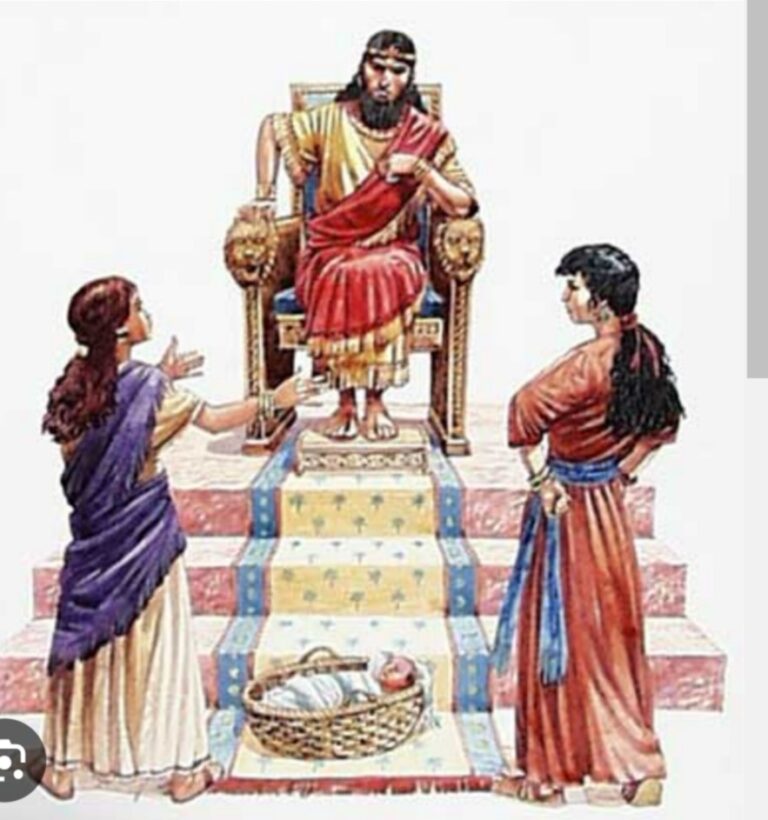By Rabbi Yair Hoffman
A significant mix-up occurred at the Assuta Medical Center in Rishon Lezion during an IVF procedure in 2022. The error came to light when medical problems were detected in the fetus, necessitating a series of tests. These tests revealed a startling truth: neither the woman carrying the child nor her partner were the biological parents of the baby they were expecting. There was a bad mix-up.
The Court Decision
In a landmark ruling, the Rishon Lezion Family Court determined that the genetic parents should be recognized as the child’s legal parents. The ruling, issued by Judge Oved Elias, ordered that the child be removed from the custody of the birth parents and transferred to the genetic parents. The child at the center of this case, named Sophia, is now over two years old.
Current Situation
At present, Sophia remains in the custody of her birth mother and her partner. These parents have engaged in an extensive months-long legal battle to maintain custody of the child they’ve been raising, despite having no genetic connection to her. Their determination to continue raising Sophia has been evident throughout the legal proceedings.
Implementation of the Ruling
The court’s decision was heavily influenced by the recommendation of Dr. Daniel Gotlib, a psychologist from the Shinui Institute who was appointed to evaluate the case. Dr. Gotlib specifically recommended that custody be granted to the genetic parents. It’s worth noting that a contrary position paper, authored by two social workers who recommended leaving the child with the birth parents, was ultimately rejected by Judge Elias. The judge has stipulated that the transfer of custody must follow “an organized plan” under the careful supervision of the Tel Aviv Social Welfare department.
Varied Halachic Opinions
The halachic opinions range quite widely. Some hold that it is the genetic mother who is the real mother. Others hold it is the birth mother. Others hold that it is a doubt as to which one. Others hold that both are mothers and some even hold that there is no mother.
Tzitz Eliezer’s Evolution of Opinion
The Tzitz Eliezer’s position on this matter has evolved over time. In his initial ruling (Vol. 15 Siman 45), he held that when fertilization occurs externally in a laboratory setting, even without egg donation, the child has no relationship to the parents. However, his later writings suggest a shift toward favoring the genetic mother’s claim. This apparent retraction seems to stem from his primary concern about fertility treatments leading to lineage questions (which he termed “mi yeshurenu”). It’s important to note that Rav Ovadya Yoseph in his Yabia Omer (Vol. 2 Even HaEzer Siman 1, Vol. 8 Even HaEzer Siman 21) takes a different stance, stating that children born through fertility treatments do indeed relate to their parents, and fathers fulfill the mitzvah of “peru u’revu” (be fruitful and multiply).
Rabbi Ovadia’s Position
Rabbi Ovadia’s stance on this matter underwent a significant transformation over time. While he initially held that the birth mother should be considered the mother, multiple sources have testified that in his later years, his opinion shifted to favor the egg donor as the mother. This change in position has been documented by both Rishon L’Tzion Rabbi Yosef in his Responsa Rishon L’Tzion Vol. 1 Even HaEzer Siman 5, and by Chief Rabbi Amar in Responsa Shema Shlomo Vol. 8 Even HaEzer.
Views of Uncertainty
Several Poskim have expressed uncertainty about this complex issue. These include Rav Shlomo Zalman Auerbach zt”l (see Nishmas Avraham Even HaEzer Siman 1 Letter 1 #11 p. 35) and Rav Elyashiv, whose views are also documented there. Rav Moshe Sternbuch, in Teshuvos V’Hanhagos Vol. 2 Siman 689, and HaGaon Rabbi Asher Weiss cited in Ratz K’tzvi p. 92, have also acknowledged the complexity of determining maternal status in such cases.
The Dual Motherhood Perspective
Some Poskim have proposed the possibility of dual motherhood. Rav Ben Tzion Abba Shaul, in Ohr L’Tzion Yevamot 32b, discusses this concept, though some interpret his position as expressing uncertainty rather than advocating for dual motherhood. Rav Moshe Sternbuch, in Teshuvos V’Hanhagos Vol. 5 Siman 318, suggests that both women might also be legally considered mothers, emphasizing that this is not merely a matter of doubt but potentially a dual legal status.
Advocates for Egg Donor Motherhood
A significant number of Poskim have concluded that the egg donor should be considered the mother. HaGR”M Brandsdorfer presents this view in Kneh Bosem Vol. 4 Siman 95 Letter 1, as does HaGR”Y Rozental in Mishnat Yaakov on Arachim V’Ramim Chapter 1 Halacha 13. Rav Goren elaborated on this position in his book Torat HaRefuah, specifically in the section on ‘Transplanting an Egg from Woman to Woman’ (pp. 176-177), which was first published in HaTzofeh newspaper on 14 Adar I 5744/17.2.84 and later included in Puah Vol. 2 p. 384.
Additional support for this position comes from Rav Avraham Yitzchak Kilav (Techumin 5 p. 267), Rabbi Yaakov Ariel (in both Techumin 15 5755 p. 171 and Responsa Ohala shel Torah Vol. 1 Siman 73), and Rabbi Shlomo Dichovsky (in Responsa Poria ‘Genetics and IVF’ p. 515 and Responsa Lev Shomea L’Shlomo Vol. 2 Siman 43). Former Chief Rabbi Rav Shlomo Amar has also aligned with this view, as documented in Responsa Shema Shlomo Vol. 8 Simanim 1-3.
Conclusion
In light of the multiplicity of views cited above and that the child was at the birth parents for two years, perhaps a joint custody type of resolution is more warranted. Regardless, the child should have kivud Av v’Aim for both mothers and the biological father.
The author can be reached at [email protected]











